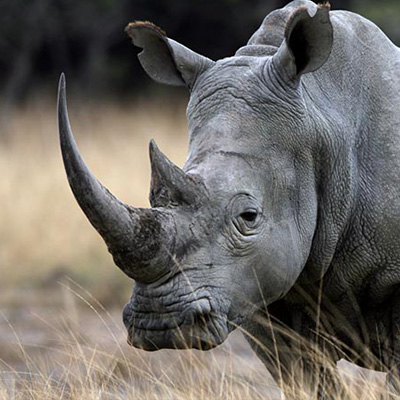SAVA Constitutional Court Judgement and Press Release
Please click on the links below to view the documents.
What does SAVA offer you?
Want to advertise here? Contact marketing@sava.co.za
Frequently Asked Questions
What is Herpes Simplex Virus (HSV1)?
Is HSV1 fatal if untreated?
How to minimise the chance of your pet being infected by HSV 1?
What signs may alert you that your pet has HSV 1?
What should you do if you suspect your pet may be infected by HSV 1?
How do I feed my green iguana?
How frequently should we be vaccinating dogs and cats (in South Africa)?
What is constipation?
What is FIV and FELV?
Feline Immunodeficiency Virus (FIV) and Feline Leukemia Virus (FELV) belong to a family of viruses called retroviruses. All retroviruses (including the Human Immunodeficiency Virus) produce an enzyme which allows them to insert a part of their own genetic material into that of the cells they have infected. Read More
What are "Hot Spots"?
What is canine parvovirus?
What is Spirocercosis?
Why should I sterilize my pet?
How often should you visit your vet?
What must I look out for when buying a puppy?
Will spraying my parrot with water avoid him from picking at his feathers?
Yes - increase humidity by allowing birds into the bathroom while showering, especially in the dry Highveld winters. Also mist spray daily with decalcified water (ensure the environment is warm). Misting just before leaving keeps the birds busy for the first half hour after the owner has left, and reduces allergen load on the feathers.
Does a poor diet contribute to picking?
Correct dietary deficiencies can help with minimising picking. Converting the bird to a complete pelleted diet, supplemented with fresh fruit and vegetables, is recommended.
Can everyday household products, cause problems for my parrot?
Eliminate broad allergic irritants from the environment (cigarette smoke, perfumes, incense, cleaning products, wash hands before handling birds as oily residues from hand creams etc can initiate picking). Remove birds from the kitchen as aerosolised oil droplets and overheated Teflon can be harmful.
How much sunlight must my parrot get a day?
Ensure daily access to direct sunlight, unfiltered by a glass window (15 minutes at least).
Does sleep deprivation cause stress, that can lead to picking?
Ensure birds are getting enough sleep – they need at least 10 hours darkness per night. Remember that birds often wake at the crack of dawn, and will stay awake till the whole family has gone to bed if kept in the family room.
Must I reprimand my parrot if I catch him picking?
Ignore picking behaviour (prevent reinforcement of behaviour), reward the bird for alternative behaviours.
Must my parrots wounds heal by themselves?
Is it wise to keep a record of my parrots picking habit?
Keep daily records – amount of picking, time of day, food eaten that day, activities surrounding picking.

















